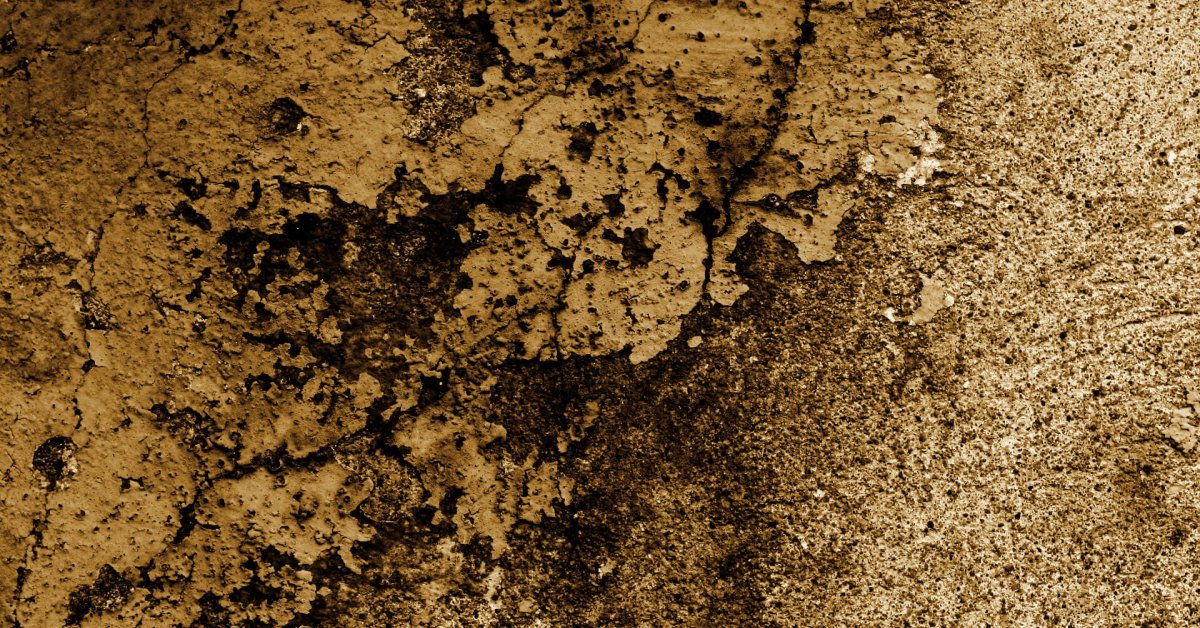Numbers often carry meanings beyond their simple digits. The number 20 is no exception. It shows up in cultures, traditions, and even in everyday life with special significance.
You might not realize it but 20 symbolizes balance and completeness in many belief systems. Whether it’s marking important milestones or representing harmony, this number has a story worth exploring. Let’s dive into what makes 20 more than just a number on a clock or calendar.
The Historical Significance of Number 20
Number 20 holds a rich legacy across history, linking you to ancient wisdom and spiritual traditions. It symbolizes cycles, completeness, and transition in ways that reveal hidden layers of meaning.
Ancient Civilizations and the Number 20
Ancient cultures often used base-20 numbering systems, known as vigesimal systems, revealing their deep connection to the number. The Maya, for example, based their calendar partly on 20-day months, reflecting cosmic and earthly cycles. You see 20 in counting methods connected to human anatomy, like the 20 fingers and toes, emphasizing natural completeness.

The Babylonian civilization incorporated 20 in their timekeeping and measurements, influencing later systems. Egyptians marked important events in cycles of 20 years, often linked to rites of passage or reign periods. You encounter 20 in these contexts as a symbol of balance between the earthly and the divine.
Number 20 in Mythology and Religion
In various mythologies, 20 represents fullness of a spiritual journey or a divine covenant. The Hebrew Bible mentions 20 as a period of testing or change, such as the 20 years of wandering before entering the Promised Land. You find 20 in the symbolism of transformation and preparation.
In Hinduism, certain chants or rituals occur in sets of 20, signifying completeness of spiritual practice. Ancient Greek myths sometimes refer to groups of 20 deities or beings, symbolizing a cosmic order. Overall, 20 in religious symbolism often marks turning points, signifying a shift from one phase to another, blending mortal and sacred realms.
Cultural Interpretations of Number 20
Number 20 carries rich symbolism across cultures, linking you to deeper layers of meaning in traditions worldwide. Understanding these cultural interpretations reveals how 20 shapes perspectives on life, time, and transformation.
Symbolism in Western Cultures
In Western cultures, you’ll find the number 20 often signifies completeness and renewal. The 20th birthday marks a transition from adolescence to adulthood, symbolizing a new cycle of responsibility and awareness. Astrology connects 20 with the planet Uranus, which governs sudden change and innovation, urging you to embrace transformation. Tarot cards use the 20th Major Arcana, Judgement, to represent rebirth and awakening. Your journey through Western symbolism shows 20 as a gateway to higher consciousness and self-realization.
The Role of Number 20 in Eastern Traditions
In Eastern traditions, the number 20 bridges the physical and spiritual realms by representing harmony and cosmic order. Chinese numerology views 20 as a number of balance, combining 2 (duality) and 0 (potential), creating a symbol of infinite growth and cooperation. The Hindu calendar divides lunar cycles into 20 phases, aligning your personal rhythms with cosmic time. In Japanese culture, 20 marks the age of majority, Seijin no Hi, celebrating your readiness to take on adulthood’s duties and wisdom. These perspectives emphasize 20 as a symbol of maturity and spiritual alignment in your Eastern cultural experience.
Number 20 in Mathematics and Science
Number 20 combines tangible scientific truths with symbolic meanings. You’ll find it rooted in both natural laws and human understanding, bridging the physical world and abstract symbolism.
Mathematical Properties of 20
Number 20 stands out as an even composite number. It factors into 1, 2, 4, 5, 10, and 20, showing its divisibility by multiple integers. You can observe its representation as the sum of the first four triangular numbers: 1, 3, 6, and 10. This connection to triangular numbers highlights a geometric harmony, reflecting balance and completeness in number theory. In the realm of base systems, base-20—vigesimal—once structured ancient counting methods like those of the Maya and Babylonians, revealing an intrinsic numeric symmetry touching both earthly calculations and cosmic cycles.
Scientific References and Applications
In science, 20 appears as the atomic number of calcium, an element essential to life’s structural integrity and signaling pathways in living organisms. You find calcium’s symbolism extending to strength and stability, mirroring the spiritual balance linked to number 20. The human body has 20 primary baby teeth, symbolizing early growth and a natural progression to maturity. In astronomy, the 20th element in the periodic table, calcium, indicates a bridge between the organic and inorganic, reflecting transformation themes connected to this number. You also encounter 20 as a common count in biological structures, such as amino acids essential for protein synthesis, underscoring the foundational role of this number in life’s complexity.
The Symbolism of Number 20 in Modern Life
You encounter the number 20 in many areas of your modern life, each carrying layers of symbolic significance beyond its numerical value. This number often signals completion, transformation, and the harmonious balance between your inner and outer worlds.
Number 20 in Literature and Art
Artists and writers use the number 20 to convey themes of renewal and wholeness. You’ll find it in narratives marking critical turning points or rites of passage, symbolizing the end of one chapter and the beginning of another. For example, in literature, the 20th chapter often serves as a climactic moment where characters face pivotal decisions or awaken to new understanding. Visual artists might incorporate 20 elements or motifs to represent balance and unity, echoing natural cycles or spiritual completeness. Symbolism tied to the number 20 enriches your interpretation of creative works by revealing hidden layers of meaning related to growth, destiny, and transformation.
Personal and Spiritual Meanings
« Unlock the Hidden Power of The Number 4 in Astrological Directions – It Will Change How You See Your Life
Unlock the Hidden Secrets of Number Symbolism in Mathematics and Mysticism That Will Blow Your Mind »
Spiritually, 20 connects you to cycles of maturity and awakening. If you notice this number repeatedly, it often points to a phase of your life where balance and self-awareness become crucial. In personal development, 20 signals readiness to embrace change and align your actions with your higher purpose. You might experience 20 as a guide encouraging you to integrate lessons from your past while preparing for new beginnings. This number also reflects duality—mind and heart, body and spirit—reminding you to maintain harmony across your inner dimensions. Embracing the symbolism of 20 helps you navigate transitions with confidence, knowing you move toward completeness and spiritual alignment.
Conclusion
The number 20 carries a unique energy that invites you to embrace balance and transformation in your own life. It’s a gentle reminder that growth often comes through cycles and transitions, encouraging you to find harmony between different parts of yourself.
Whether you notice it in everyday moments or deeper spiritual experiences, 20 can serve as a meaningful symbol guiding you toward maturity and renewal. Let it inspire you to move forward with confidence, knowing that completeness and new beginnings often go hand in hand.




